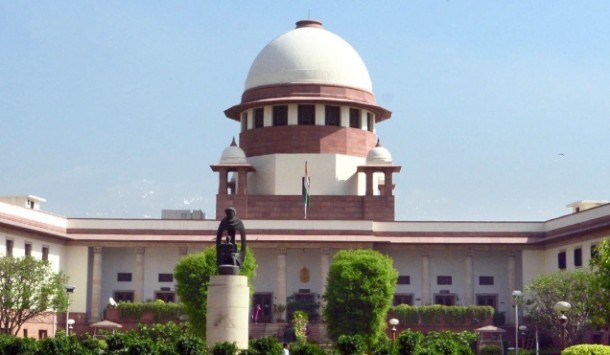
The Supreme Court has pressed the pause button on the breathless drama in Karnataka politics until Tuesday. As the law stands today, the Supreme Court cannot direct the Speaker of the Assembly to act on the resignations of the legislators. It is the Speaker’s power and responsibility and he cannot be told to do it in a certain manner.
The Speaker of a House, under Article 190(3) of the Constitution, is empowered to not accept resignations if he is satisfied that the resignation is not voluntary or genuine. The Anti-Defection Law or the Tenth Schedule of the Constitution also makes it clear that it is the decision of the Speaker that will hold in cases where a member of a House has become subject to disqualification.
However, there are some nuances to this. While the SC cannot tell the Speaker to act in a certain manner, the Speaker also cannot delay things forever. This is a question of interpretation of the Constitution.
On Friday, the court recognized these constitutional issues regarding the capacity of the court to direct the Speaker of the legislative assembly in the process of accepting resignation letters by MLAs. The Supreme Court wants a larger bench to consider this question before it decides on the plea made by certain MLAs that the Speaker should be directed to accept their resignations.
The court also needs to decide whether the Speaker should first consider the request for disqualification of certain MLAs made by the Congress party, before deciding on the resignation issue. A question of interpretation of the Constitution has arisen, and we don’t know how long the Supreme Court will take to resolve this matter.The uncertainty surrounding the Congress-JD(S) government will, therefore, continue until Tuesday, and probably beyond that.
The constitutional question is, however, merely a technicality. As the law stands today, there is no practical difference in the outcome, between the resignation of MLAs and their disqualification by the party they have been elected from. Regardless, the current government will be reduced to a minority and by-elections will have to be conducted.
So, the question of what comes first, resignation or disqualification, is reduced to a mere perception battle between the so-called rebels and the Congress and JDS. Realistically, who wins the perception battle is also irrelevant, because people have stopped caring.
The past ten years have shown that people who resign from one party and join another have the same chance of coming to power as those who continue in the same party. Most of the MLAs who have resigned/rebelled in the current episode are considered election winners. As free agents who do not need a party or ideology to win elections, they are not constrained by political morality.
This episode should force us to reflect on what has happened to our legislature. This dichotomy between the expectations of MLAs and the constraints around how our governance is structured, invariably leads to conflict between those who hold ministerial positions and the ordinary MLA. If this is not managed properly, rebellion/resignation is the consequence.


.jpeg)

